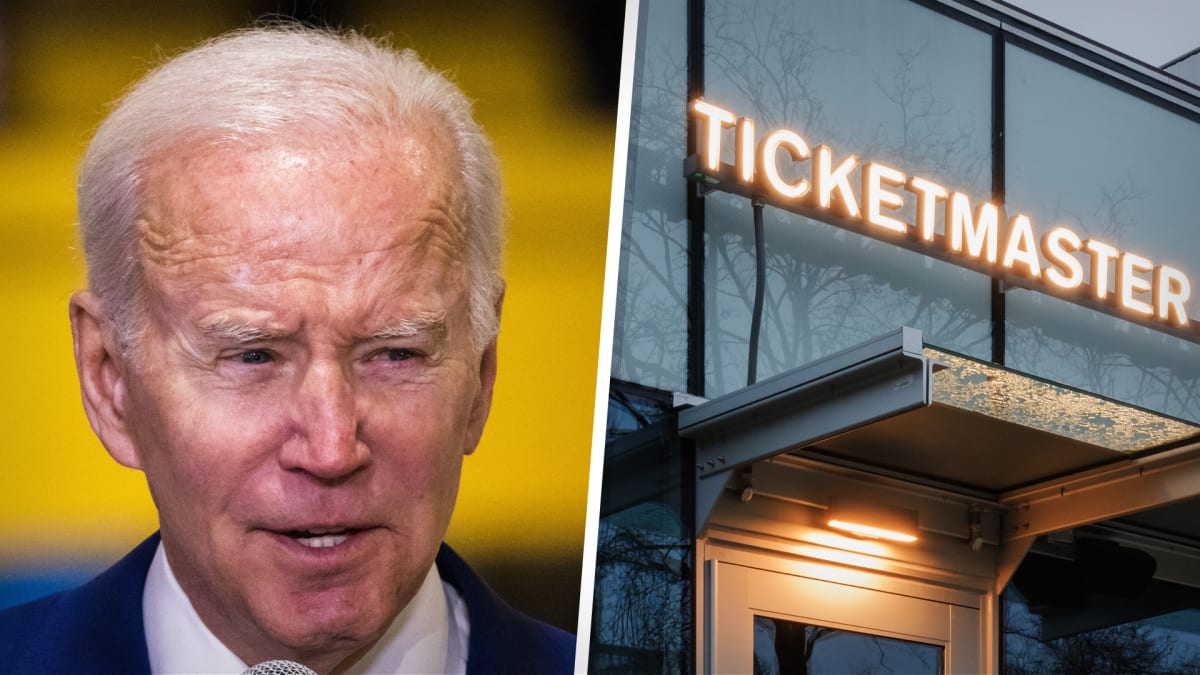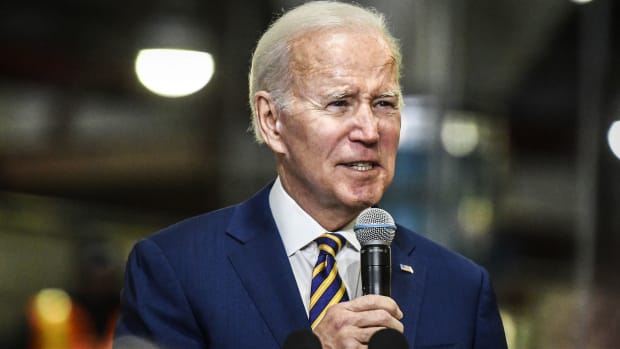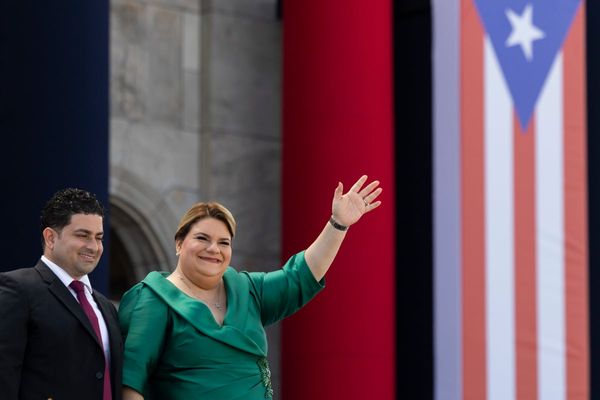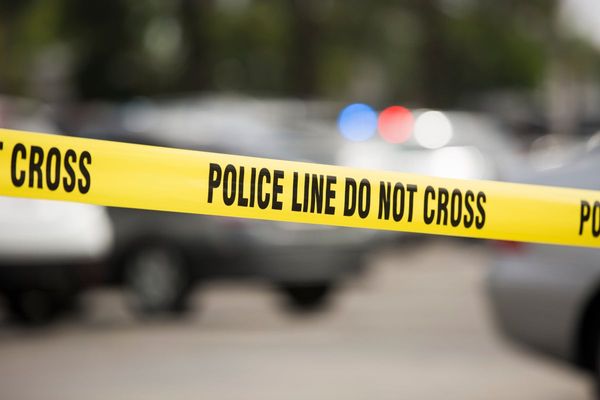
The President of the United States has some thoughts about add-on fees, Jack. And he’s decided they’re all a bunch of junk.
The Biden administration has announced plans to combat fees of all kinds, and as ever with nearly all facets of modern life, Taylor Swift possibly had something to do with all of this.
At the moment, President Biden’s favorite Taylor Swift album has not been disclosed to the public. Of course, the political gossip has long been that he’s one of the few ardent defenders of “Reputation,” while some critics have alleged that he doesn’t really get down with Swift like that.
All jokes aside, while Biden may or may not be a Swiftie, it was hard to miss the widespread public outrage after the on-sale debacle for her tour last fall. In case you’ve blocked it from your memory, thousands of fans found themselves stuck in virtual lines while waiting for tickets for Swift’s first tour in five years, while seats quickly hit the resale market at eye-gouging prices.
The public’s wrath quickly turned to Ticketmaster and Live Nation (LYV) for not being able to handle demand, and in some critics' opinion, favoring its resale marketplace over getting tickets in fans’ hands. Last January the Senate held a hearing on consolidation in the ticketing industry, and we were all treated to the sight of people like Senator Amy Klobuchar quoting “All Too Well.”
But people were mad at Ticketmaster and what many people consider to be excessive fees before Taylor Swift recorded her first song. Did the White House sense the widespread anger against the concert industry and decide to score some easy brownie points?
Either way, it seems the government might actually take action against those excessive fees, as well as many other add-on prices that bedevil the buying public.
Biden Calls For 'Junk Fee Prevention Act'
President Biden has introduced the Junk Fee Prevention Act, which is part of his administration's ongoing “competition agenda.”
In addition to fees on concert tickets, the Act will also zero in hidden and unexpected fees from resorts, airlines, credit card companies, cable providers and more, which in the President's words, “drain hundreds of dollars a year from the pockets of hardworking American families, especially folks who are already struggling to make ends meet — but not anymore after today.”
The proposed legislation was introduced at the fourth meeting of the Presidential Competition Council. Working in tandem with the Consumer Financial Protection Bureau, the Act is part of the White House’s ongoing effort to reduce the amount of perceived monopolies in the marketplace and to foster more competition.
One of the areas President Biden has targeted are credit card late fees, which he called “a junk fee if there ever was one,” adding that “today’s rule proposes to cut those fees from $31 on average to $8."
“That change is expected to save tens of millions of dollars for Americans, roughly $9 billion a year in total savings,” he said.
Rohit Chopra, director of the CFPB, noted before the announcement that “over a decade ago, Congress banned excessive credit card late fees.”
“But companies have exploited a regulatory loophole that has allowed them to escape scrutiny for charging an otherwise illegal junk fee,” he added in a statement to CNN. “Today’s proposed rule seeks to save families billions of dollars and ensure the credit card market is fair and competitive.
Previously, the White House included language in the Infrastructure and Jobs Act, which passed in November 2021, that required broadband providers to disclose prices, speeds, and data allowances in easy-to-understand labels.

Stephanie Keith/Bloomberg via Getty Images
So What’s In The Act?
If there’s a hidden cost or fee that has dug into your entertainment budget, there’s a fair chance it's in the Act, which is targeting four specific areas:
- Fees related to concerts, sporting events, and entertainment tickets.
- Airline fees for families sitting together on flights
- Exorbitant early termination fees for TV, phone, and internet services
- Surprise resort and destination fees
The proposal notes that “in a review of 31 different sporting events across five ticket sellers’ websites, service charges averaged more than 20% of the ticket’s face value, and total fees—like processing fees, delivery fees, and facility fees—reached up to more than half the cost of the ticket itself.”
In response, the President is “calling on Congress to prohibit excessive fees, require the fees to be disclosed in the ticket price, and mandate disclosure of any ticket holdbacks that diminish available supply.”
The proposal also looks at high fees charged by the likes of Verizon (VZ) and Comcast (CMCSA) when customers want to switch cable TV, internet, and mobile phone providers, which often exceed $200, and which the White House wants Congress to eliminate “so that companies can no longer lock in customers and must truly compete with each other on the basis of price and quality.”
Many popular hotels will charge surprise “resort fees” or “destination fees,” which can be $50 or more. The legislation notes that “More than one-third of hotel guests report having paid such fees.” The President is calling for these fees to be included in the price of the room, “so consumers aren’t surprised.”
The Act, per the White House, “will not only save Americans billions a year, but make our markets more competitive—creating a more even playing field so that businesses that price in a fair and transparent manner no longer lose sales to companies that disguise their actual prices with hidden fees.”
White the Act is expected to pass in the Senate, it's likely to have a much tougher road in the Republican-controlled House of Representatives.
In a response to the proposal, Ticketmaster said in a statement: “We stand ready to work with the President and Congress on many common sense ticketing reforms, while also speaking out against proposed legislation that would benefit scalpers over artists and fans.”







